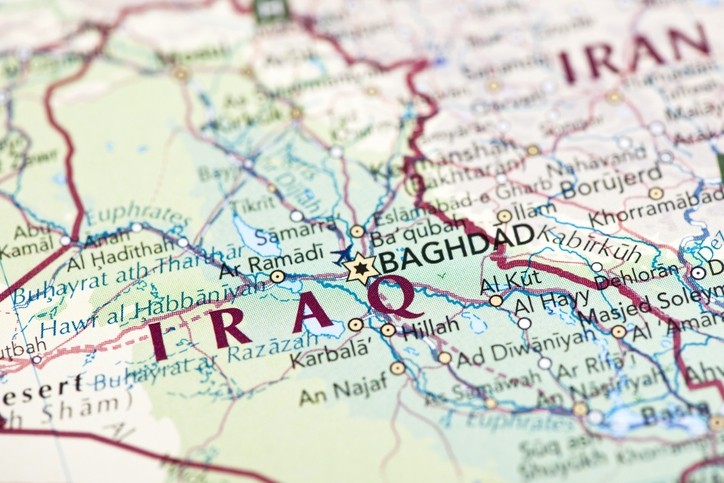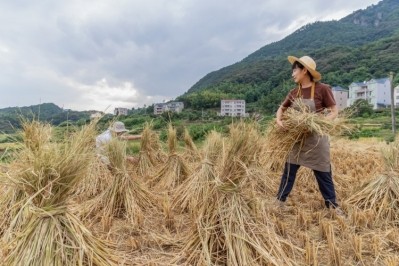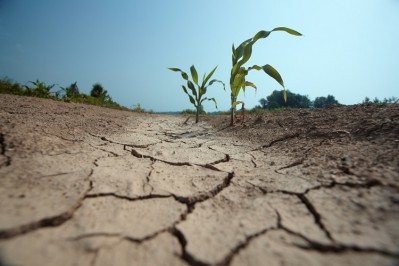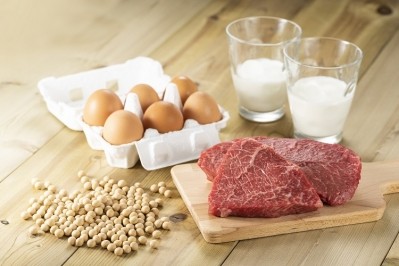FAO intervention in Iraq brings success in animal feed and agricultural practices

In a recent interview from Baghdad, Dr Hassan emphasized the positive changes brought about by these initiatives, highlighting increased income for farmers and the consequential improvements in their lives.
Iraq has confronted numerous challenges in recent years, spanning security issues, war, political unrest, terrorism, and climate-related changes. In response, the FAO collaborated with local stakeholders, adopting an integrated approach to analyze the region's needs and implement interventions that would bolster farmers and their communities.
The COVID-19 pandemic added another layer of difficulty, particularly impacting the cost of feed in the region.
Empowering agriculture extension officers
To address these challenges, a thorough needs assessment was conducted during 2019/2020, gathering information from 30,000 farmers. This data guided the FAO's response, leading to the development of a comprehensive program focused on empowering extension officers with advanced knowledge in sustainable animal feeding practices, with an emphasis on climate-smart agricultural methods, optimized buffalo feeding using molasses, and efficient livestock management and nutrition.
The FAO program has successfully trained 100 ministry of agriculture extension officers, equipping them with expertise in sustainable animal feeding practices.
One noteworthy initiative involved collaborating with Iraqi farmers to introduce crop cultivation specifically designed for animal feed. Resilient fodder crops, such as rye grass, white sorghum, and alfalfa, were integrated into farmers' growing plans, diversifying from the previous focus on crops intended for human consumption, such as wheat.
A key component of the initiative involved supplementing feed with sugar molasses, enhancing livestock resilience and health while simultaneously improving the quality and quantity of milk. Dr Hassan highlighted the positive impact of this supplementation, describing it as an ingredient that enhances feed palatability, consumption, and overall quality.
The success of these initiatives, he said, underscores the FAO's commitment to fostering sustainable agricultural practices and supporting the livelihoods of Iraqi farmers in the face of multifaceted challenges.















